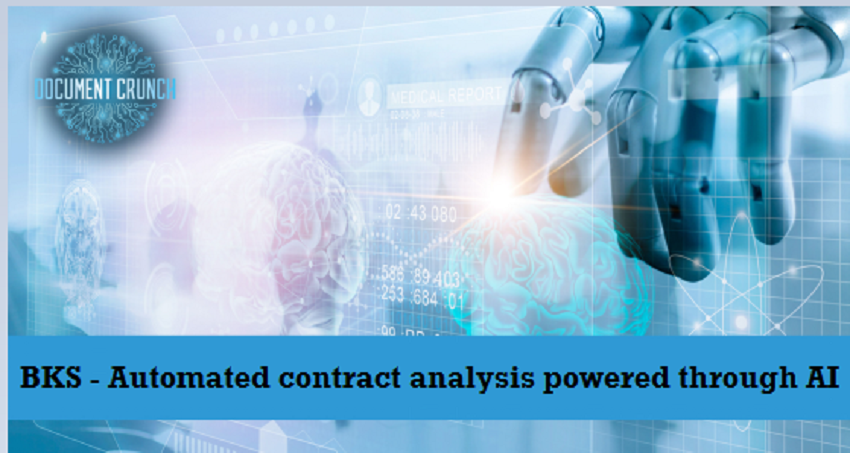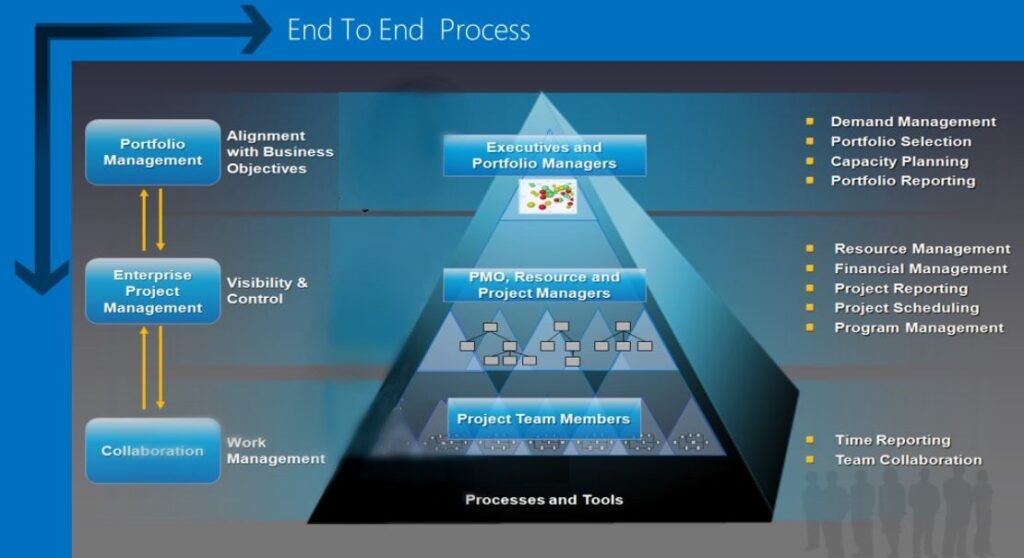What was the Challenge?
When one of our clients, Barclay card, chose to cease several of its business divisions, decision-makers had to choose between sinking (retrenchment) or surviving (restructuring). Strategic restructuring of their current portfolio within their business client sector.
What did BKS do?
BKS Business Consultants provided consultants to assist with business analysis, risk analysis, and implementation of several business improvement initiatives, in response to a client resource requirement. Each consultant has a high degree of technical skill to assure the successful deployment of any changes made to our client’s business and enabling TOM (Target Operating Models), to be deployed across several functional areas.
For which the client requirements resources:
- Business Analysis
- Risk Analysis
- Project design
- Project Implementation
Business Portfolio Strategy consultants evaluate and advise business executives on which market and sector to compete in. They provided advice on resource allocation to maximise market share and growth rate. Assisting with, procurement decisions, IPO preparation, risk strategy, target identification, mergers, and acquisitions, and identifying strengths.
Solution provided By BKS Business Consultants:
- Skilled Business Analyst: To offer guidance to increase market share and growth rate.
- Expertise to underpin and undertake a structured risk analysis and assessment: To assist with, procurement decisions, resource allocation, IPO preparation, risk strategy, target identification, mergers, and acquisitions, and identifying strengths.
- Technical skilled resources: for project design, implementation, and support to ensure the successful deployment of any changes made to their business.
What were the outcomes?
Value accrues through:
Excellence in customer service: Conversion rates, engagement, and loyalty are all optimised by a simpler, faster, and smoother customer journey.
Experiences of Colleagues: New ways of working and empowered teams facilitate decision-making and create possibilities for staff upskilling, all of which contribute to increased employee engagement. Retention of resource was increased by 20%, and cost associated with hiring resource and training and upskilling decreased by “18%” over the year.
Optimisation of costs: Making processes more efficient lowers implementation costs, allows for faster updates, improves “first time right” rates, and enhances reusability and consistency.
Control the amount of uplift: Controls are placed further upstream with system-driven monitoring, making hazards more evident, improving compliance, and shortening cycle times.
This enabled the organisation to lower revenue leakage from 12% to 5% after deploying solution. They also saved 35% of a full-time employee’s hours, equating to 32,450 hours per year at a cost of £1,098,700 for a processing team, consisting of 47 full-time personnel. The level of precision has risen to 91.99%, with a 68% straight through processing rate. The level of service provided by service level agreements (SLAs) for the client’s business transactions was enhanced by 14%, securing future contracts for our clients.
|
Employee Hours (Yearly) |
Resource Cost (Yearly) |
Precision Level |
Service Level (By SLAs) |
| Reduced |
32,450 |
£1,098,700 |
|
|
| Increased |
|
|
91.99% |
14% |
Case VI: Banking Customer Support AI Chatbot With RPA
What was the Challenge?
Banking and financial services are harnessing machine capabilities to improve operations, grow, and decrease costs by implementing AI-driven automation. They are strive to improve client experience by automating routine processes. Proper cloud based AI-driven automation can assist them to save time in the front office and back office by answering questions, sorting documents, and updating systems.
What did BKS do?
In response to a client resource demand, BKS Business Consultants provided consultants to assist with business analysis, risk analysis, project or programme design, and implementation of a variety of business change initiatives. To ensure the successful deployment of any modifications made to our client’s business, each consultant, is equipped with a high level of technical skill and relevant knowledge.
The following are some of the primary responsibilities of BKS consultants:
Examined the existing procedure: What are they received? What is their opinion for chatbot and RPA? How long does it take to process customer query on average? Per FTE, how many queries are processed per year? What is the average customer support cost?
Plan: milestones and activities for the project.
Design and Implementation: To streamline and automate the manual customer support process, design, and implement a common centralised approach.
What were the outcomes?
The suggested system is based on the IBM Watson Assistant and UIPath RPA platforms, which allow for powerful chatbot and back-end automation solutions that leverage narrow AI to carefully analyse user input. It improves client responsiveness by using AI-powered innovations to automate correspondence and back-end processes, reducing human error and TAT (turnaround time) for manual tasks like soliciting customer feedback via automated email campaign, solving and auto-replying low-priority questions, and automating a wide range of reporting tasks like monthly closing, reconciliations, and management reports, among others.
By obviating the need for traditional banking, this proposed solution reduces banking wait times by providing round-the-clock customer service.
This banking institution was able to reduce the number of full-time personnel required in this department from 100 to 50 by integrating RPA procedures with cognitive technology, resulting in a salary budget reduction of more than 60%. The organisation was able to lower revenue leakage from 11% to 2% after deploying RPA. They also saved 40% of a full-time employee’s hours, equating to 37,300 hours per year at a cost of £1,118,050 for account processing team of 40 full-time personnel. The level of precision has risen to 99.99%, with a 55% straight through processing rate. The level of service provided by service level agreements (SLAs) for the client’s business transactions was enhanced by 13%, securing future contracts for our clients.
|
Employee Hours (Yearly) |
Resource Cost (Yearly) |
Precision Level |
Service Level (By SLAs) |
| Reduced |
37,300 |
£1,118,050 |
|
|
| Increased |
|
|
99.99% |
13% |
Major results include:
- Simple to use
- Round the clock customer service
- Centralised data and processes
- Eliminated human error
- Lower processing costs
- Less human engagement





